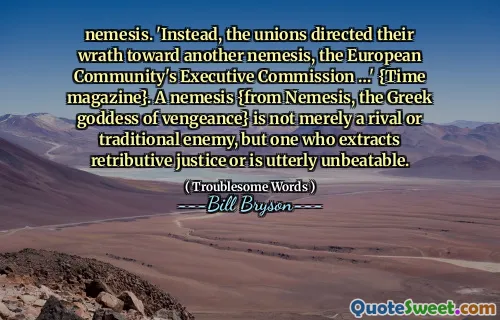all intents and purposes is colourless, redundant and hackneyed. Almost any other expression would be an improvement. 'He is, to all intents and purposes, king of the island' {Mail on Sunday} would be instantly made better by changing the central phrase to 'in effect' or removing it altogether. If the phrase must be used at all, it can always be shorn of the last two words. 'To all intents' says as much as 'to all intents and purposes'.
The phrase "to all intents and purposes" is criticized for being overly complicated and lacking in clarity. It is described as colorless, redundant, and hackneyed, suggesting that there are far better alternatives to convey the intended meaning. Instead of using this phrase, simpler expressions like "in effect" or eliminating it entirely could enhance the clarity of the sentence. For example, the statement "He is, to all intents and purposes, king of the island" would improve significantly with a more straightforward wording.
Furthermore, the component "to all intents" alone suffices to express the idea without the added complexity of the full phrase. Bill Bryson's commentary in "Troublesome Words" emphasizes the need for language to remain clear and engaging. By opting for more concise and impactful language, writers can better communicate their points without unnecessary verbosity, ensuring their message is both effective and accessible.






